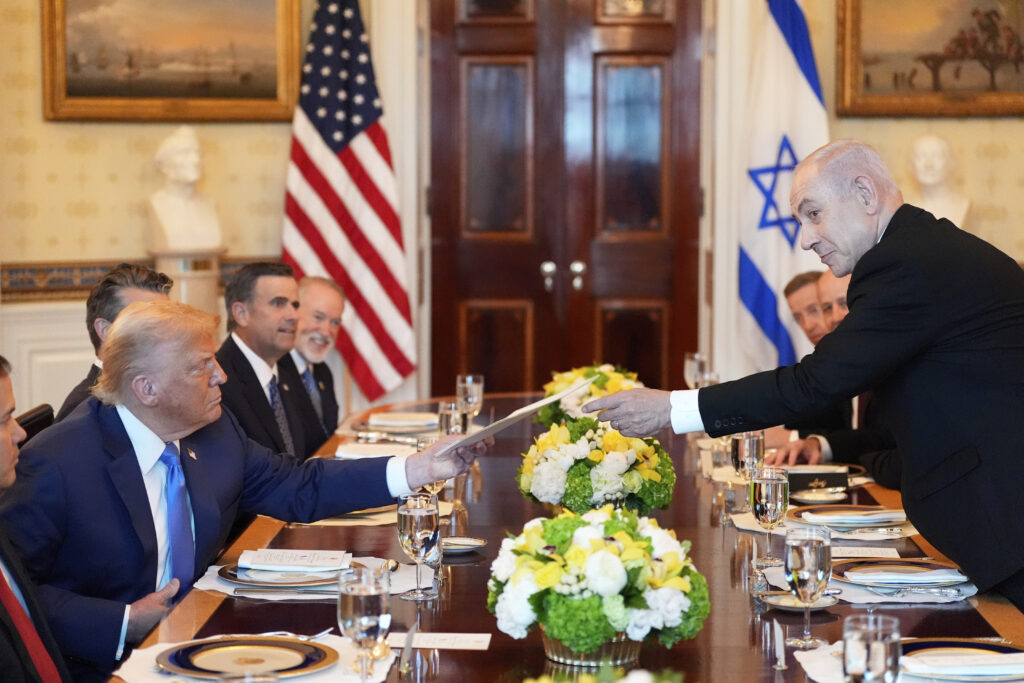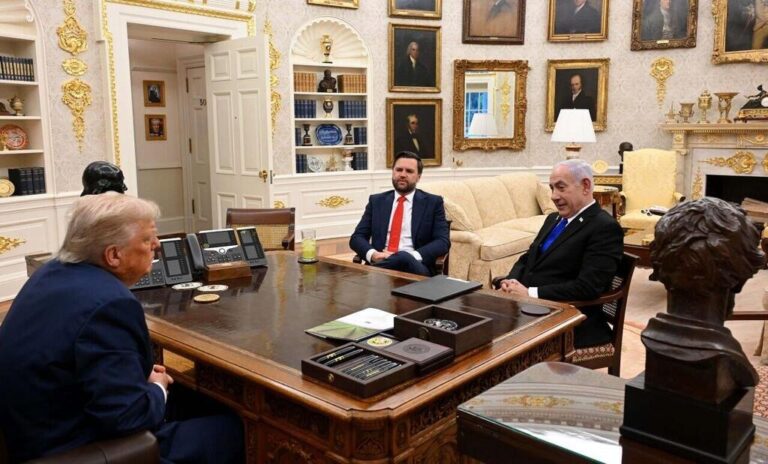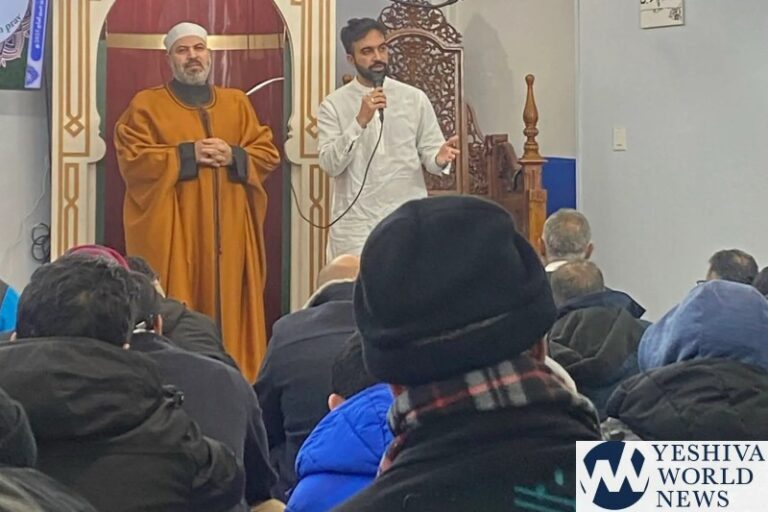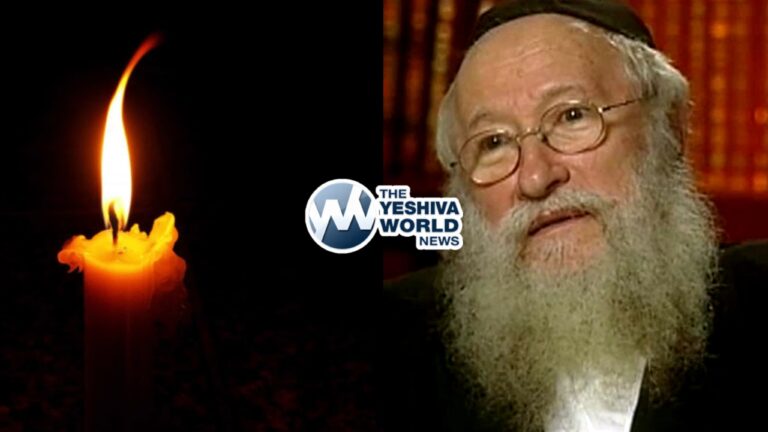Senior Israeli officials say most components of a hostage release and temporary ceasefire deal with Hamas are now agreed upon, though the broader question of ending the war in Gaza remains unresolved.
“We are coordinated,” said Strategic Affairs Minister Ron Dermer, who participated in the White House meeting. “We hoped Hamas would say yes to the Qatari proposal. They essentially said no. But the gaps are small enough to engage in talks.”
A third round of indirect negotiations kicked off Tuesday morning in Doha. According to a senior Israeli official, between 80 and 90 percent of the deal’s terms have been finalized. Still, implementation could stretch beyond the coming days. Qatari Foreign Ministry spokesman Majed Al-Ansari said both delegations are in Doha but that formal negotiations have yet to begin, with mediators still working to establish a framework.
Negotiators are reportedly close to agreement on a clause covering humanitarian aid delivery to Gaza. According to the Qatari outlet Al-Araby Al-Jadeed, Hamas is seeking United Nations oversight of aid during any ceasefire, instead of the Israel-backed Gaza Humanitarian Foundation.
Trump’s Middle East envoy Steve Witkoff, who is expected to travel to Qatar this week, told reporters ahead of the dinner that “we have an opportunity to finally get a peace deal.” After the meeting, a senior Israeli official emphasized the “total coordination” between the U.S. and Israel, describing the bilateral trust as deeper than at any previous stage of the conflict.
Mediators involved in the negotiations have been informed that the White House expects a deal to be finalized within the week, according to an Arab diplomat and another individual familiar with the talks.
In parallel with the aid discussions, negotiators are addressing the contours of a partial Israeli withdrawal from Gaza during the proposed 60-day ceasefire. An Arab diplomat said Israeli officials brought a map outlining their envisioned pullback. While Hamas initially demanded a return to IDF positions from before the March 2 collapse of the prior truce, the group has shown some flexibility, the diplomat said.
Still, the core disagreement remains. Israel continues to frame the deal as a temporary pause in hostilities. Hamas, by contrast, is demanding an agreement that would amount to a permanent end to the war.
Speaking Tuesday in Washington, a senior Israeli official outlined Israel’s endgame: Hamas must be dismantled, its leadership exiled or defeated, and an alternative governance structure established in Gaza. “There has to be a system there that manages life,” the official said, acknowledging the possibility of Israeli oversight in the interim. “Maybe for a certain amount of time, it is us.”
The official added that Israel is now convinced Trump is committed to supporting emigration efforts from Gaza. “After tonight, I am [convinced],” the official said. “The plan is alive. What is needed is operational coordination, not only the aims, but how we achieve it.”
Senior Israeli officials also pointed to close U.S.-Israel coordination on Iran. According to one official, the two countries were aligned diplomatically and militarily before, during, and after Israel’s 12-day aerial campaign last month targeting Iranian nuclear and military sites — an operation the U.S. ultimately joined.
“We had diplomatic coordination before the attack, military coordination during the attack, and now once again diplomatic coordination,” the official said. “I measure my words — there has never been such coordination.”
The official noted that Trump’s April announcement on pursuing direct nuclear negotiations with Iran was made in consultation with Israel. “We talked to him before,” the official said.
Pressed on whether Trump authorized Israel’s strikes on Iran, the official replied, “We didn’t ask for and didn’t receive a green light. You have it wrong. There is a different relationship now.”
The official described a uniquely personal dynamic between Netanyahu and Trump, shaped by domestic political considerations in the U.S. “There is a large public here [in the U.S.] that Netanyahu can influence,” the official said. “That gives you strength you don’t have in other countries.”
Referencing former President Obama’s memoir, the official added, “Obama wrote this in his book. ‘I could do whatever I wanted, just not with Israel.’ With Trump, it works in the opposite manner… You also don’t need to get approval. He understands that we have existential needs.”
(YWN World Headquarters – NYC)











